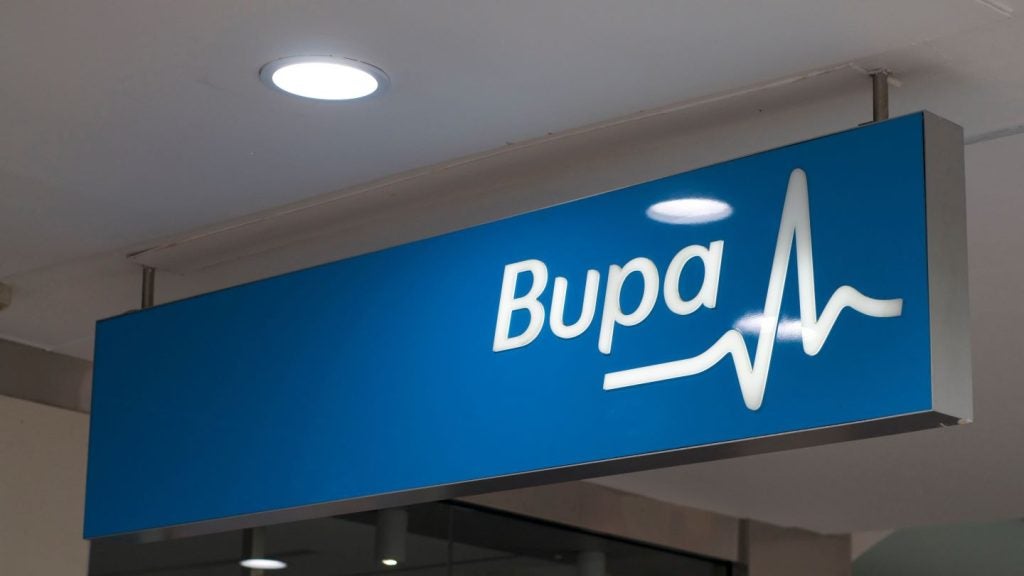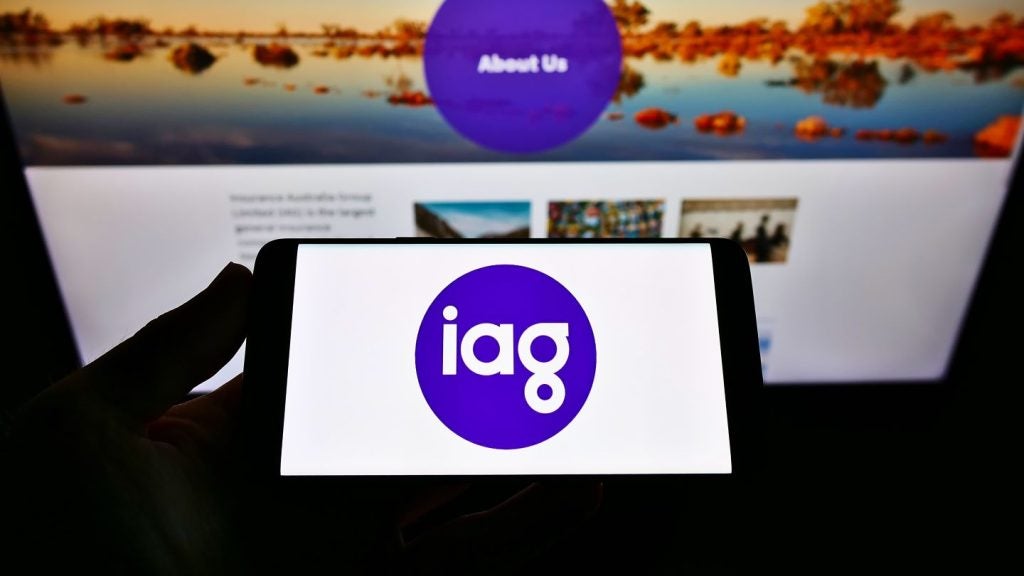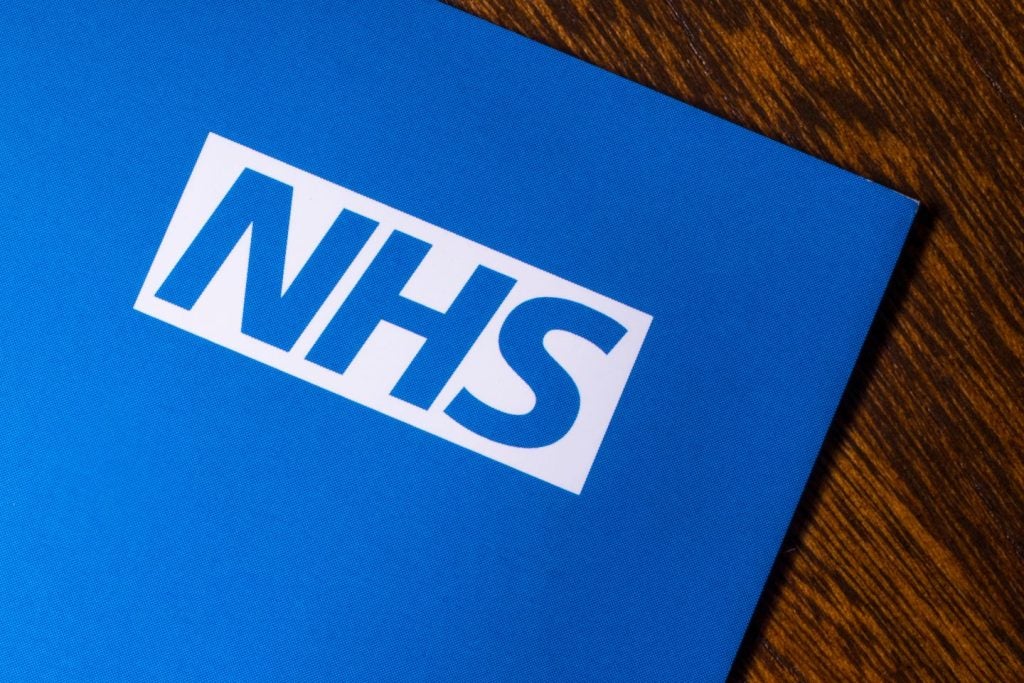US life insurers told the tale of the battered economy, with dour
executive after executive blaming the investment losses tied to the
volatility in the credit and equity markets triggered by the
subprime mortgage crisis. Profits were lower across the board, with
attention now turning to the decidedly uncertain road
ahead.
American International Group (AIG), Nationwide Financial, MetLife,
Prudential Financial, Hartford Financial and Lincoln National all
were among the marquee names reporting lower profits, citing a
veritable witches’ brew of adverse economic conditions that have
come together to drag down earnings in what only last year was a
high-flying financial sector.

Access deeper industry intelligence
Experience unmatched clarity with a single platform that combines unique data, AI, and human expertise.
The question uppermost in the market’s mind is whether the US
economy is facing a long recession or a brief economic slowdown.
Many economists believe the economy started to slow significantly
in December last year, so this was the first quarter to fully
reflect the economic downshift.
Early indications are that the worst of the recessionary effects
are being felt most acutely in the financial sector, and the
earnings reports bear that out.
Eye-popping reports from iconic insurance brands such as Prudential
Financial Inc, the second-largest US life insurer, which said that
first-quarter earnings fell 94 percent on investment losses,
underscored the toll wrought by the subprime meltdown.
Prudential’s net income declined to $77 million, from $1.03 billion
a year earlier, said the Newark-based company. Operating profit,
which excludes investment losses and results from policies sold
before the company went public, was $1.65 per share, far below the
$1.82 average estimate of 17 analysts compiled by news agency
Bloomberg days before first-quarter earnings were announced.

US Tariffs are shifting - will you react or anticipate?
Don’t let policy changes catch you off guard. Stay proactive with real-time data and expert analysis.
By GlobalDataHowever, Prudential stuck to a previous full-year profit forecast,
saying after-tax adjusted operating income will likely be $7.50 to
$7.80 per common share in 2008. In a note to investors, Thomas
Cholnoky, an analyst at investment bank Goldman Sachs, wrote that
Prudential would have to earn $2 in profit per share for each
quarter for the rest of the year to meet that goal, a level of
profit that the insurers has met only once before, in the third
quarter of 2007.
Nationwide Financial reported a first-quarter profit of $44.5
million, a decrease of 78.6 percent from the same period a year
ago. Revenues for the quarter were $916.3 million, a decrease of 21
percent over the same period a year ago.
The insurer said that total revenues dropped primarily because of
investment losses of $87.9 million, compared with losses of $7
million during the first quarter a year ago.
“Although adversity in the capital markets and a weakening economy
combined to create a difficult first quarter operating environment,
Nationwide Financial’s core business performance remained
fundamentally sound,” said CEO Jerry Jurgensen in a
statement.
“Our performance in the quarter is further evidence that our
efforts to refocus the company are working. By strengthening our
business operations, exiting underperforming businesses and adding
new capabilities such as banking and mutual funds, Nationwide
Financial is well positioned to weather the challenges we are
facing in today’s business environment.”
Toronto Canada-based Manulife Financial Corporation, which managed
to skirt the brunt of the subprime mess, nevertheless continued the
bad news, reporting a 12.6 percent drop in net income of $869
million and fully diluted earnings per share of $0.57, compared to
net income of $986 million and fully diluted earnings per share of
$0.63 in the prior year.
The sharp declines in global equity markets, particularly in the US
and Asia, reduced reported earnings in the quarter by $265 million
or $0.18 cents per share. Return on common shareholders’ equity was
15.1 per cent in the first quarter of 2008, compared to 16.1 per
cent in 2007.
“Except for the decline in equity markets, our quarter was highly
satisfactory,” said Manulife president and CEO Dominic D’Alessandro
in a statement.
“Strong sales levels, particularly in our insurance segments,
contributed to an impressive increase in new business embedded
value. This reflects positively on the current performance of our
insurance and wealth management businesses, and positions us well
for future earnings growth.”
Hartford Financial Services Group Inc reported that quarterly
profit tumbled 83 percent, while Lincoln National Corp’s net income
dropped 27 percent.
Hartford attributed its 83.4 percent decline in first-quarter net
income, to $145 million, thanks largely to $648 million in realised
capital losses. Included in that total was a $119 million charge
against company investments in commercial mortgage-backed
securities and collateralised debt obligations tied to commercial
real estate.
The capital charges slowed what had otherwise been a strong quarter
for The Hartford. Individual life sales were up 8 percent to $65
million, though group benefit sales fell 1 percent to $381 million.
Retirement plan assets under management stood at $46.4 billion at
quarter’s end, compared with $25.9 billion at the end of the first
quarter 2007, while assets in the institutional solutions group
were up 15 percent to $62 billion.
Undoubtedly the biggest profit shock came from AIG which reported
that its bottom line had plummeted from net profit of $4.13 in the
first quarter of 2007 to a net loss of $7.81 billion in the first
quarter of 2008.
Commenting, AIG president and CEO Martin J Sullivan stressed:
“AIG’s results do not reflect the underlying strengths and
potential of AIG.”
However, he conceded: “While we anticipated a difficult trading
environment, the severity of the unrealised valuation losses and
decline in value of our investments were beyond our
expectations.”
Subsequent to publication of its results AIG launched and has
completed a $20 billion capital raising exercise.
The losses that US insurers are experiencing are a result of an
accounting system that is forcing companies to take impairment
charges when securities fall below a percentage of value for a
given length of time.
The depressed market, resulting from the sub-prime mortgage market
crisis, is having a huge negative effect on company balance sheets,
and a change in direction does not appear to be on the horizon.
Falling equity markets also crimp life insurers’ fee income from
mutual funds and variable annuities and depress sales.
Those investment write-downs – known as “other than temporary
impairment” in financial parlance – could balloon further in the
second quarter, as the anemic equities markets continue to haunt
insurers.
For those predictions to grow any more positive over the next few
months, the US will need to avoid a deep recession and the credit
crunch must end by midyear. Unfortunately, neither is a certainty,
and indeed, the dynamics seem to indicate the good times are quite
a way away.

Charles Davis







